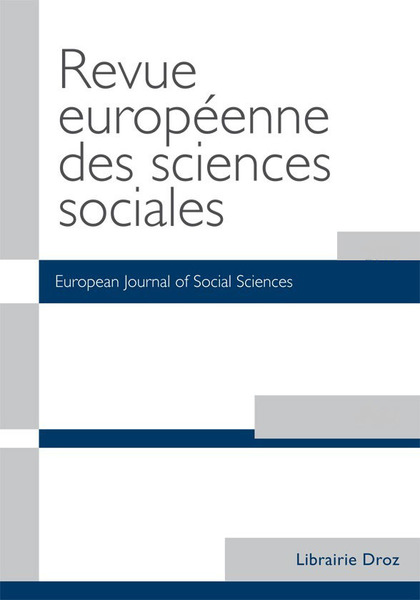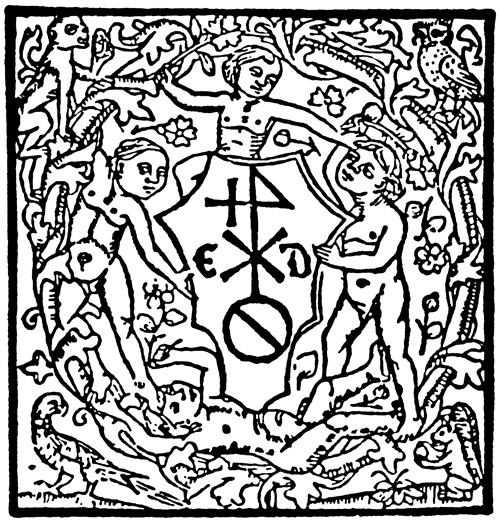Ouvrage



Revue européenne des sciences sociales. RESS (CVP), n. 61, t. 2/2
Sous la direction scientifique de
Massimo BORLANDI
50,05 CHF TTC
Ajouter au panier
Titre :
Revue européenne des sciences sociales. RESS (CVP), n. 61, t. 2/2
Année :
2024
Pages :
256
Collection :
Revue européenne des sciences sociales (Cahiers Vilfredo Pareto)
ISSN :
0048-8046
Numéro :
61-2
Support :
Livre broché
ISBN-13 :
978-2-600-06524-5
- Présentation
- Sommaire
- Présentation
- Sommaire
